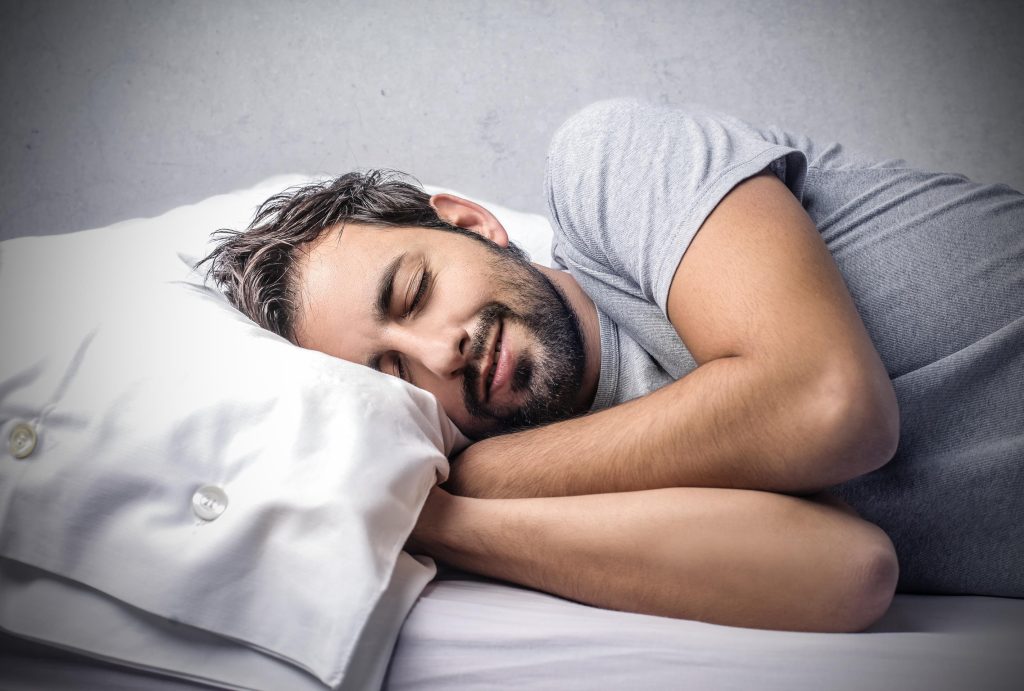
Sleep apnea disrupts your sleep and causes problems like high blood pressure, heart arrhythmias, and weight gain. Pramil Vaghasia, MD, and Ruchi Bansal, MD, at Prime Pulmonary & Sleep Center have extensive experience performing on-site sleep studies to diagnose the problem and then creating customized treatment plans that restore normal breathing. Chances are you won’t know you have apnea, but you feel the effect as you drag yourself through the day. To get expert care for sleep apnea, call the office in Bakersfield or Delano, California, or schedule an appointment online today.
Request an AppointmentWhat is Sleep Apnea?
Sleep apnea is a condition that makes you temporarily stop breathing while you sleep. During an apnea episode, you stop breathing for at least 10 seconds. In severe cases, you can have hundreds of episodes throughout the night, which seriously disrupt your sleep.
There are two primary types of sleep apnea: central sleep apnea and obstructive sleep apnea.
Central sleep apnea
This type of sleep apnea is uncommon and often occurs because you have heart failure or had a stroke. When you have central sleep apnea, your brain doesn’t send the message to breathe to other parts of your body.
Obstructive sleep apnea (OSA)
When most people refer to sleep apnea, they mean OSA. This type of apnea occurs when soft tissues in your mouth and throat relax and cover your airway, preventing you from breathing.
What symptoms develop if I have Sleep Apnea?
Loud snoring is the top symptom of OSA. You may snore if you have central sleep apnea, but it’s not a key symptom.
You may also experience:
- Excessive tiredness during the day
- Frequently urinating during the night
- Morning headaches
- Difficulty concentrating
- Memory loss
People with sleep apnea are seldom aware that they stop breathing during the night, so it’s important to pay attention to symptoms like daytime tiredness and concentration problems.
How is Sleep Apnea diagnosed?
The only way to diagnose sleep apnea is with a sleep study, either in the sleep lab at Prime Pulmonary & Sleep Center or at home.
In both types of tests, you wear sensors that gather information while you sleep. During a home sleep test, you wear three sensors that pick up your breathing, airflow, and blood oxygen levels. This level of testing works well if your provider suspects you have obstructive sleep apnea.
For central sleep apnea, or if you have underlying health conditions, you need a supervised sleep study in the clinic. This type of study obtains more information. In addition to breathing, airflow, and oxygen, the sleep technicians monitor your heart activity, brainwaves, and eye, arm, and leg movements.
How is Sleep Apnea treated?
Your treatment depends on the type and severity of your sleep apnea, as well as your health. You may need one of the following:
- Continuous positive airway pressure (CPAP)
- Adaptive servo-ventilation
- Bilevel positive airway pressure
- Medications to stimulate breathing
- Oral appliance
It’s important to get sleep apnea treated as soon as possible to restore your sleep and prevent complications.
To learn more about sleep apnea, book an appointment online or call Prime Pulmonary & Sleep Center today.
